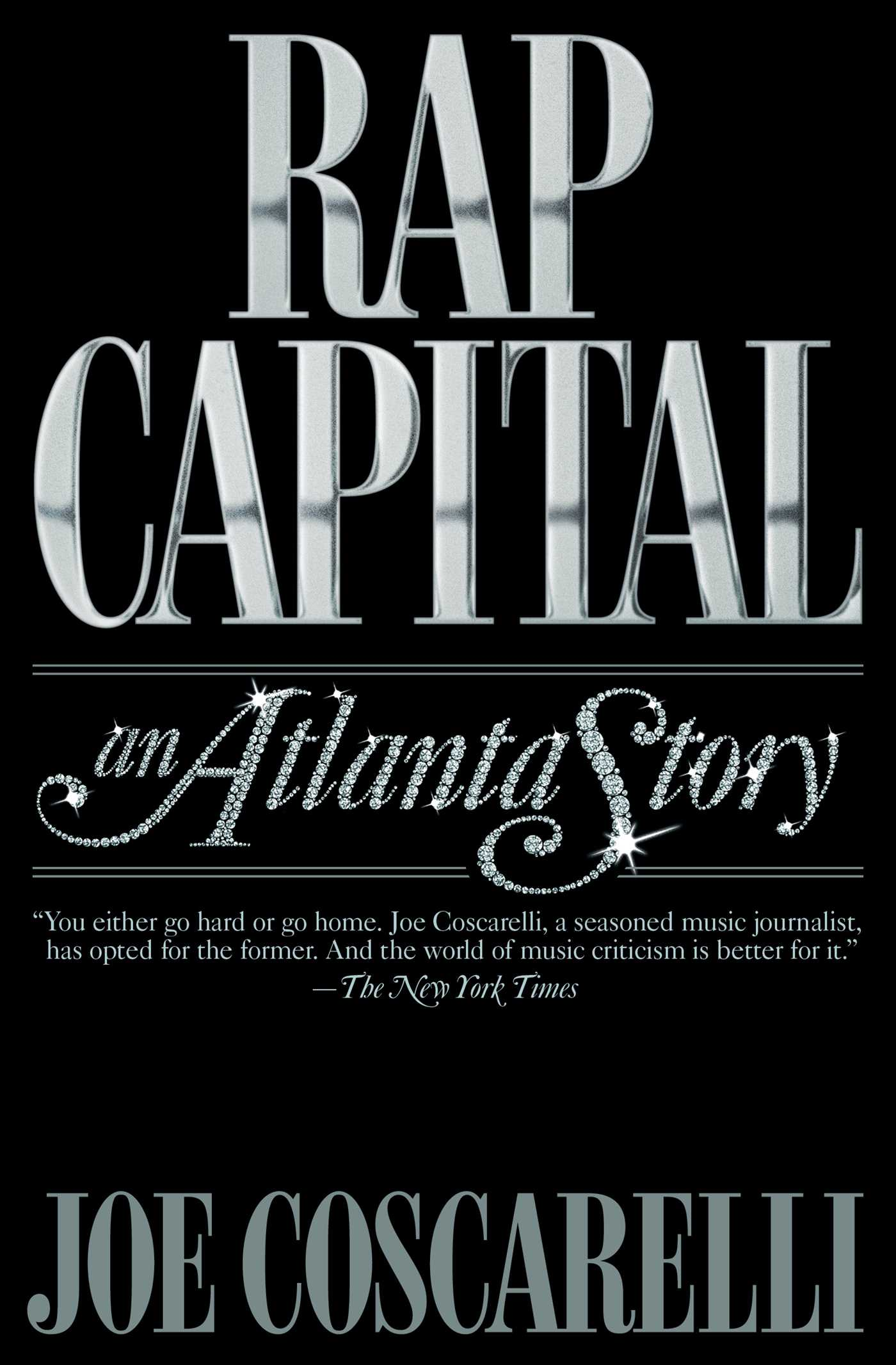For as long as rap music has been considered by region, artists from the South have been discounted, demeaned and overlooked, dubbed ignorant or inaccessible, overly simplistic or vulgar or simply too country, in line with broader prejudices against people—and especially Black people—from below the Mason-Dixon Line.
In 1990, when Spin magazine published an infographic detailing rap scenes around the United States, it called Atlanta’s “basically the same as Miami’s,” with one label executive complaining about demo tapes “marred by funny sounding accents and pronunciation” and concluding: “It’s just not happening yet.”
Even in the two-plus decades since OutKast released its 1994 debut Southernplayalisticadillacmuzik and declared, with rightful defensiveness, “The South got something to say,” for a national audience, the disrespect continued. Hip Hop Is Dead, the 2006 album by Nas, was widely assumed to be targeting the ascendant Southern rap of the time, like crunk and snap music; in a promotional skit starring Nick Cannon in blackface and bling, Nas warned of “ridiculous dances, ignorant behavior, and general buffoonery” that would lead to “hip-hop’s permanent annihilation.” Three years later, Jay-Z rapped, “My raps don’t have melodies,” on “D.O.A. (Death of Auto-Tune),” again framing the North as the arbiter of hip-hop authenticity.
But both men lost their misguided battles. Artists from Atlanta and across its neighboring states have continued to innovate, lyrically and sonically, breathing new life into the genre—often using those derided Auto-Tuned melodies, South-specific language and, yes, dances, even as “mumble rap” became a twenty-first-century pejorative for a new, outré style of Atlanta hip-hop.
The paths of these artists, laid bare in Atlanta, represent the modern American dream—to make it out of poverty and obscurity to renown and riches—and also the American nightmare, as young Black men wrestle generational curses, crippled school systems, incarceration and racism on the way to an improbable destination atop art and commerce. And while the winners may have once seemed like unicorns who somehow reached this pinnacle, these generations (and micro-generations) of local rappers have routinely exploded the expectations of what a young Black man from little or nothing could hope to achieve in the broader American consciousness. Largely through music, the city has become a conveyor belt of exceptions.
